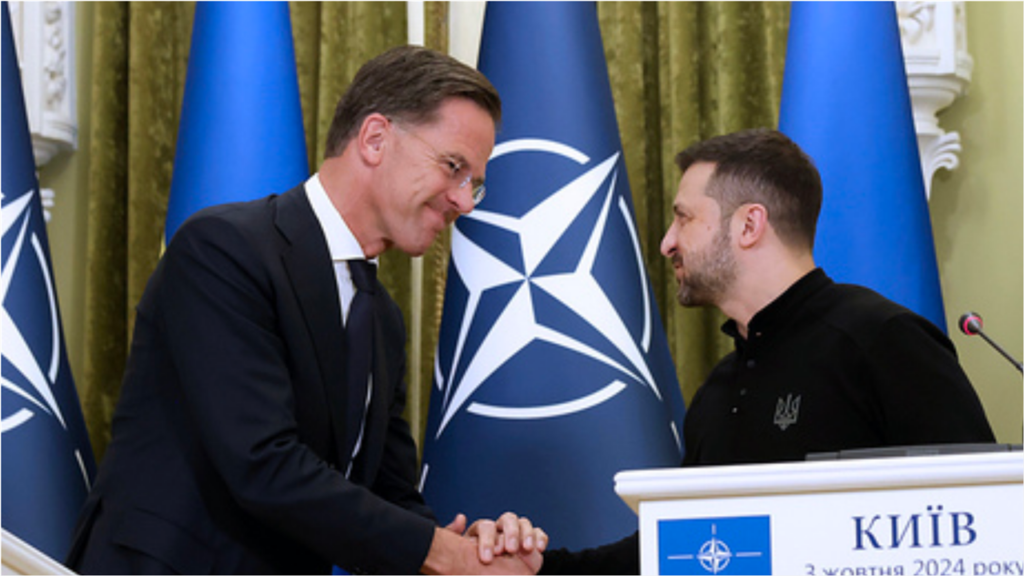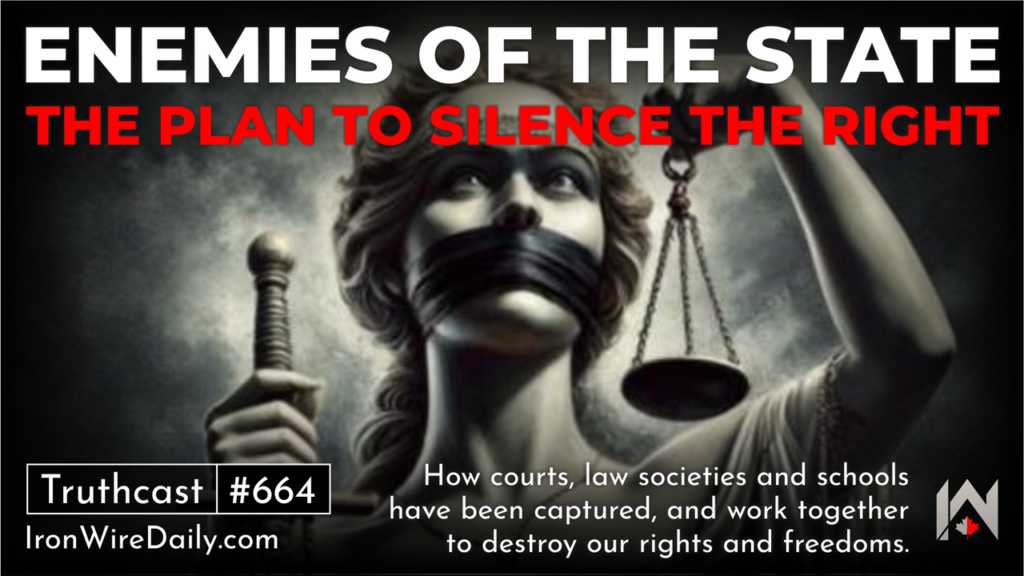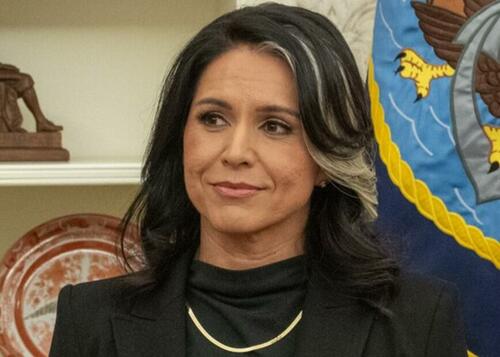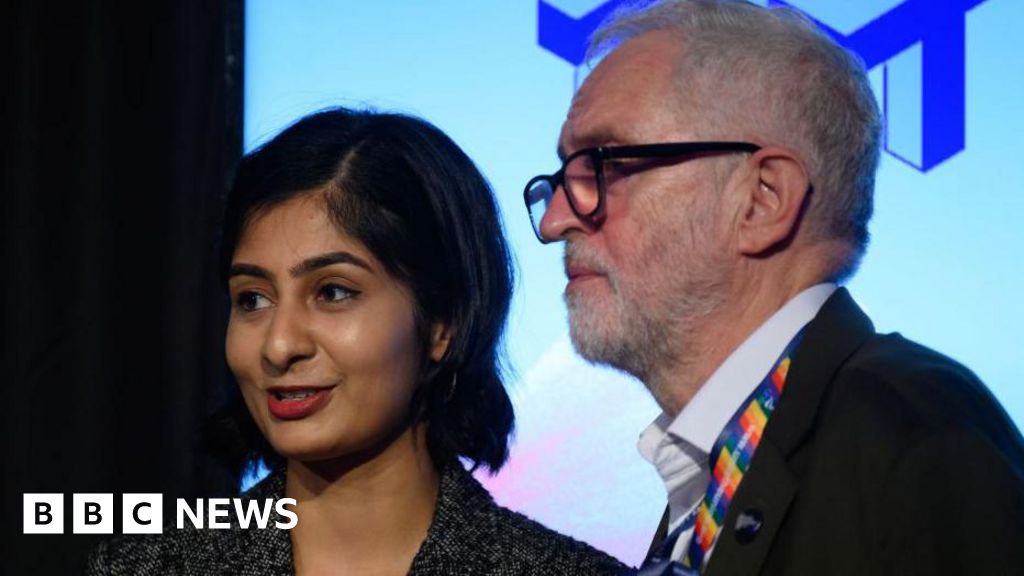US-Iran Nuclear Talks To Restart In Oslo Next Week – Trump Willing To Talk Directly
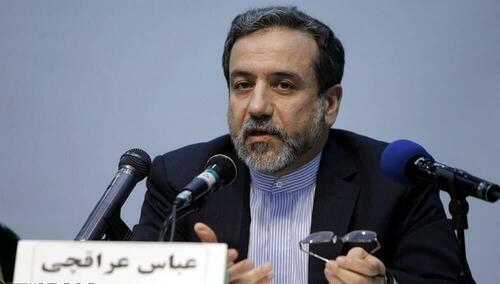
The United States and Iran are poised to resume negotiations over Iran’s nuclear program in Oslo next week, Axios has reported, citing “sources familiar with the discussions.” It would be the first face-to-face meeting after last month’s Israeli-US war on Iran — which was launched as nuclear discussions were still very much underway. Talking to reporters on Thursday, President Trump acknowledged the mutual desire to resume talks, and Trump said he’d be willing to personally participate “if necessary.”
While the date has not been finalized, and neither country has yet to confirm the news, the sources say US Special Envoy to the Middle East Steve Witkoff will meet with Iranian Foreign Minister Abbas Araghchi. At the heart of the impasse is America’s insistence that Iran must stop enriching uranium, an undertaking that Iran insists is its right as a sovereign country and signatory (unlike Israel) to the nuclear Non-Proliferation Treaty. In a Tuesday call with French President Emmanuel Macron, Russian President Vladimir Putin endorsed Iran’s “legitimate right to develop peaceful nuclear technology” under supervision of the International Atomic Energy Association (IAEA).
In another important development, Araghchi decried as “fake news” reports that Iran was suspending its cooperation with the IAEA. (Note that the key originator of those reports was seemingly Iran’s own state television.) Via a post on X, the foreign minister clarified that a new Iranian law “sparked by the unlawful attacks against our nuclear facilities” requires that coordination with the IAEA must “be channeled through Iran’s Supreme National Security Council for obvious safety and security reasons.”
The Israel-initiated war on Iran culminated in the United States launching an attack on three Iranian nuclear sites, with B-2 bombers dropping 14 20,000-pound bombs on the Fordow Uranium Enrichment Plant situated under a mountain. Trump proclaimed the attacks had “obliterated” Iran’s nuclear program; in the latest claim, the administration says the timetable by which Iran could assemble a nuclear weapon (if it decided to) was set back by close to two years.
🇺🇸💥🇮🇷 Iran has been busy at the Fordow nuclear facility. Recent satellite BEFORE AND AFTER images captured by Maxar show a buildup of construction equipment near the underground sites nuclear targeted by U.S. strikes in June.
The full extent of the damage done to Iran’s nuclear… pic.twitter.com/ql46Dkq7Uh— Defense Intelligence (@DI313_) July 2, 2025
As Trump prepared to board Air Force One en route to a rally in Iowa on Thursday, he told reporters he was willing to engage in diplomacy himself if that’s what it takes to move on:
“Iran does want to speak and I think they’d like to speak to me, and it’s time that they do. We’re not looking to hurt them, we’re looking to let them be a country again. They got beat up — [Iran and Israel] were both exhausted, frankly — but Iran really got beat up….They want to meet, and if it’s necessary, I’ll do it, but Steve (Witkoff) is very much involved and he’s done a fantastic job.”
Questions remain about the status of Iran’s stockpile of enriched uranium. Before the attack on Fordow, satellites captured images of a line of cargo trucks outside the facility, and an Iranian official has claimed that the US bombing “didn’t [deliver] a major blow because the materials had already been taken out.” However, US and Israeli officials claim the uranium, by having been bombed, is now “sealed off from the outside world.” Even if that’s true, that state of affairs would seem to be highly fleeting, given Iran’s ability to simply dig it back up.
— RT (@RT_com) July 3, 2025
The seeds of today’s impasse were sown in May 2018, when Trump withdrew the United States from the nuclear deal that had been negotiated between Iran and various Western governments and signed in 2015. Under that deal, Iran agreed to a wide array of safeguards. They included eliminating its medium-enriched uranium, reducing its low-enriched uranium inventory by 98%, capping future enrichment at 3.67%, slashing its number of centrifuges, submitting to enhanced external monitoring and rendering its heavy-water reactor unusable by pouring concrete in it. At the time of Trump’s withdrawal, Iran was in full compliance, according to the IAEA. In response to the re-imposition of US sanctions, Iran began straying from the deal’s terms — most significantly, by enriching some uranium to 60% — seemingly pushing the only lever it had to bring the deal back and get out from under sanctions that have sapped Iran’s economy and inflicted a harsh toll on innocent Iranian citizens.
Notably, Israel launched its June 13 surprise bombing-and-assassination attack just two days before American and Iranian diplomats were scheduled to hold a sixth round of discussions in Oman, and President Trump claimed he knew the date of Israel’s attack in advance. “How can we trust the Americans?” Iranian Deputy Foreign Minister Majid Takht Ravanchi asked NBC. “We want them to explain as to why they misled us, why they took such an egregious action against our people…We are for diplomacy,” but the Trump administration must “convince us that they are not going to use military force while we are negotiating.”
Loading…


